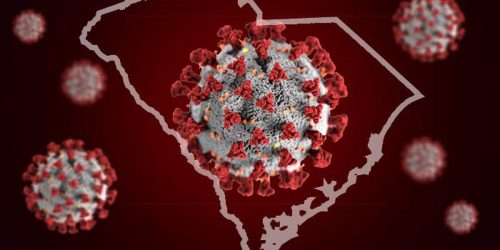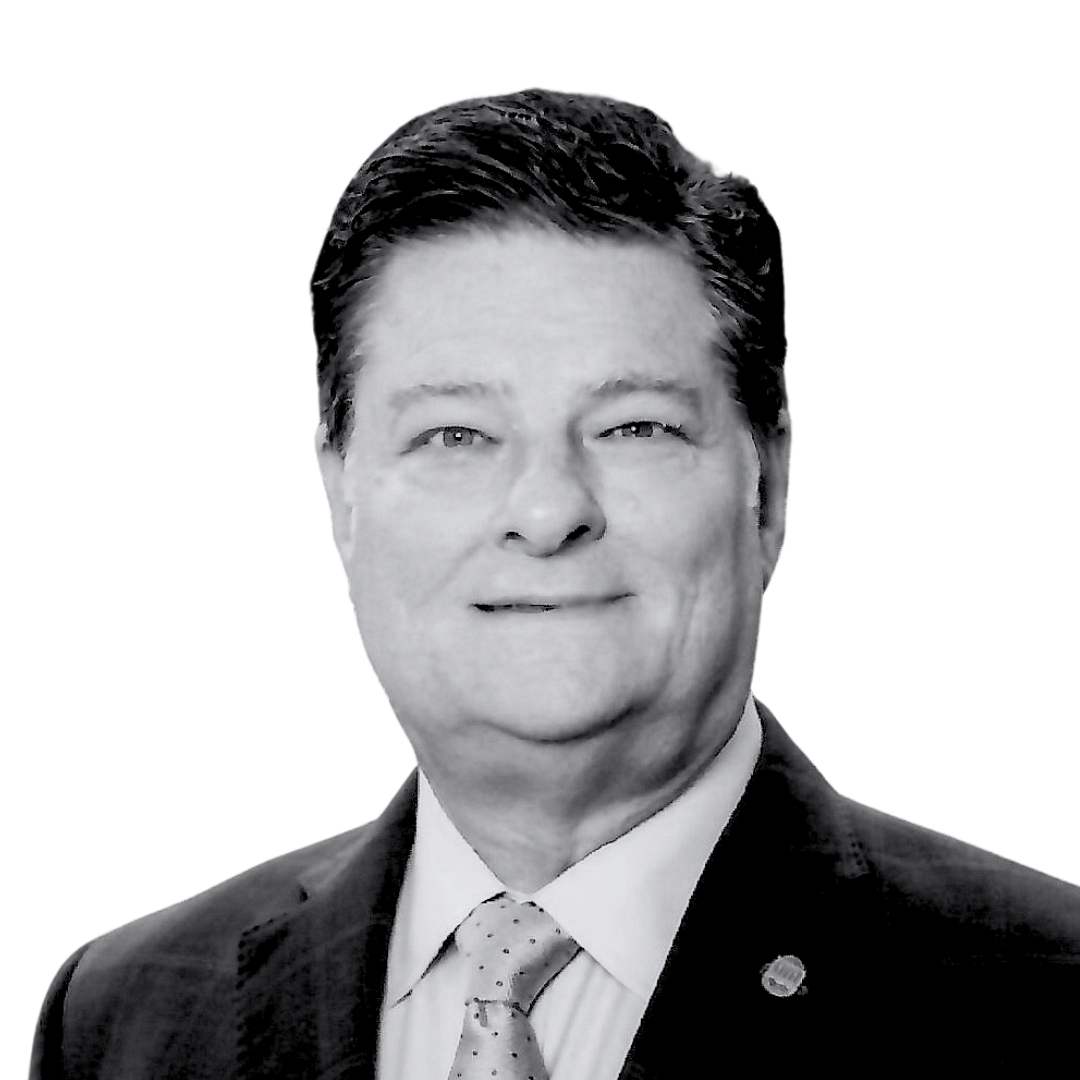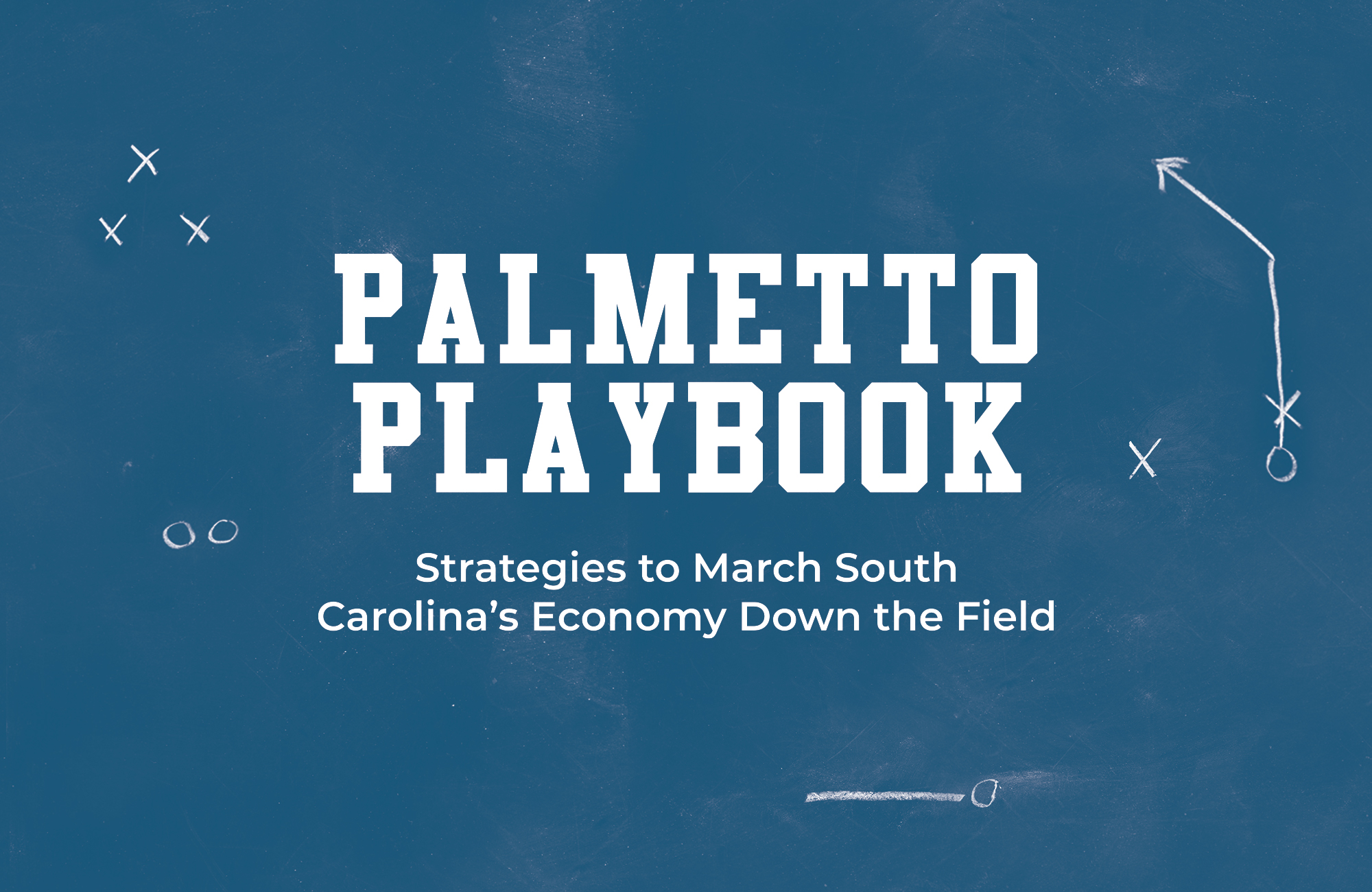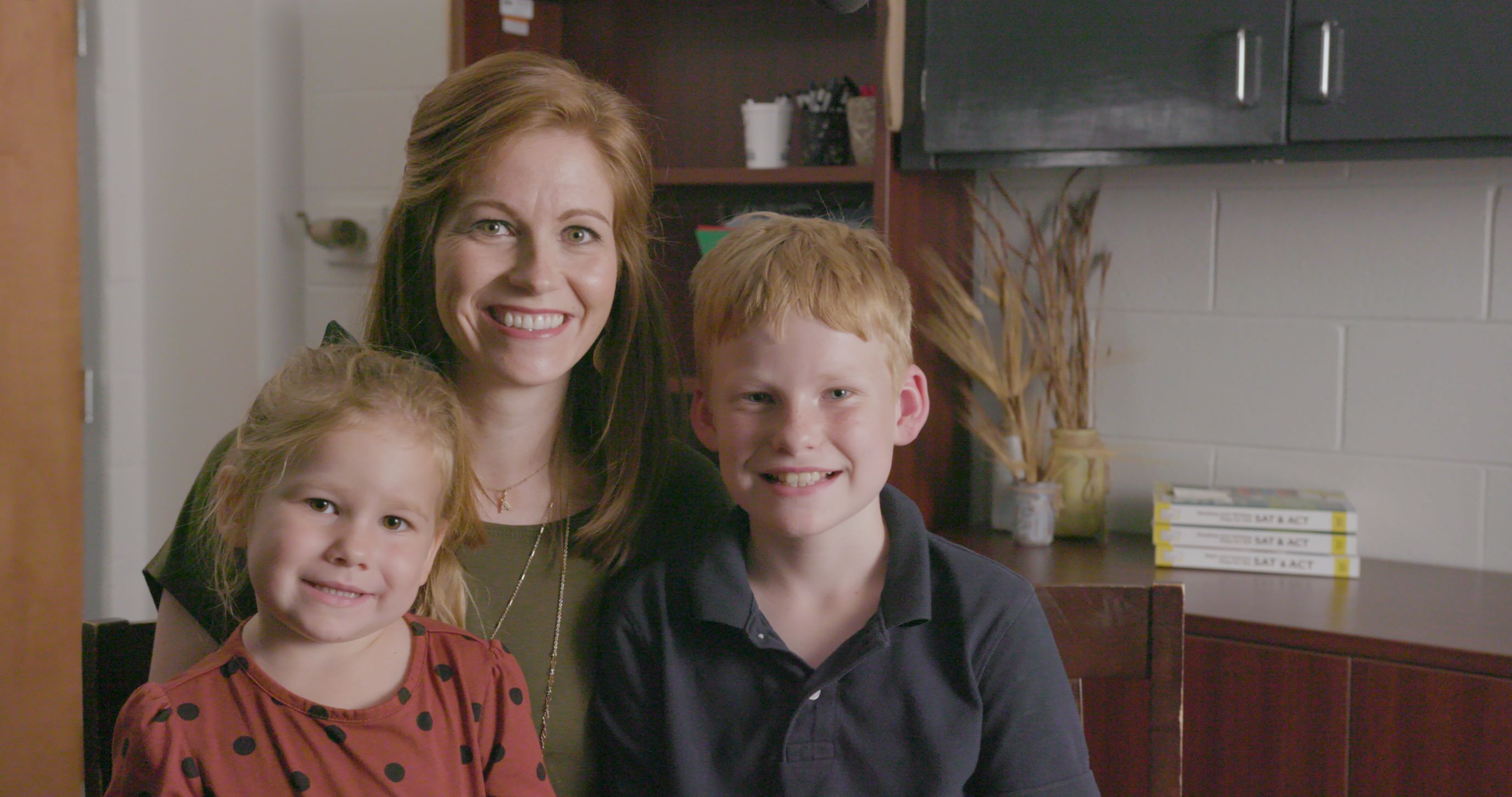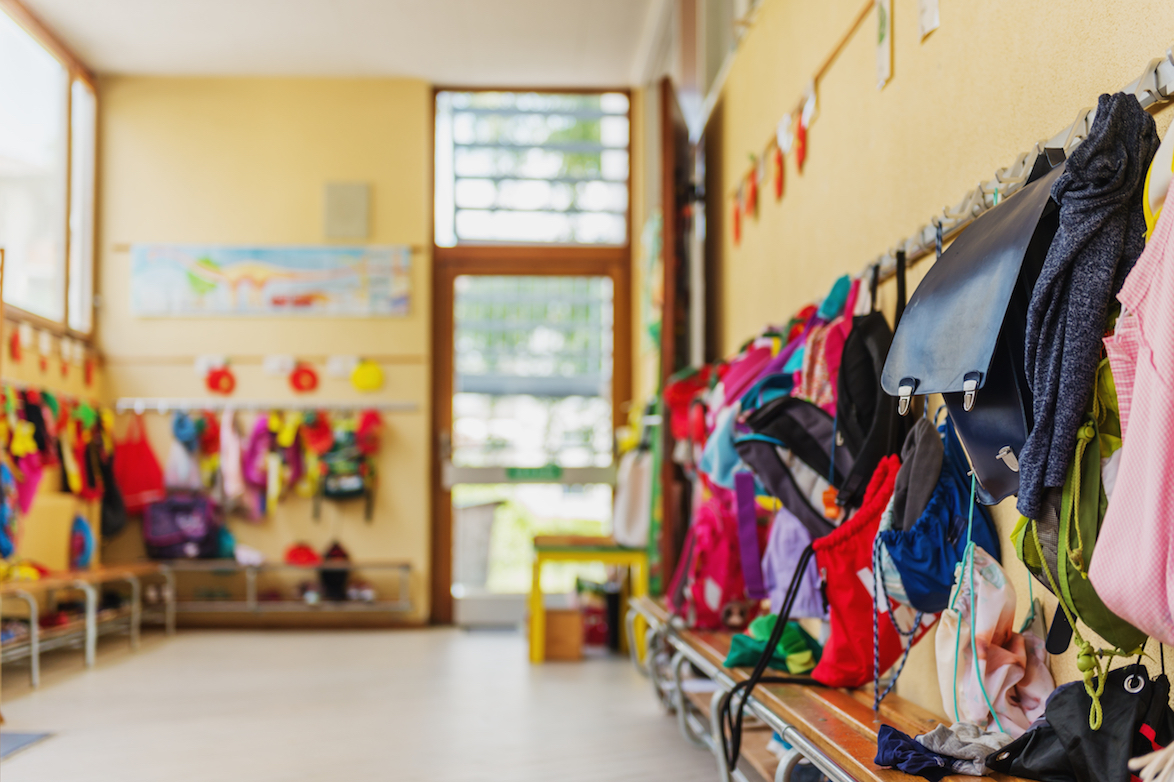SC Removes Regulatory Obstacles, More Still to be Done
Note: The regulatory environment during COVID-19 is a quickly developing issue, so we will update this post regularly with new information.
The medical necessities of the COVID-19 pandemic have identified regulations—some perhaps legitimate, many unnecessary—which have been suspended to boost South Carolina’s healthcare capabilities, and respond to the pressing needs of workers, small businesses, and our economy.
Many actions have been by Executive Order of the Governor. Others have come directly from state agencies adapting to our new reality as citizens are required to limit their movements and contact with others.
What has South Carolina done so far to cut red tape? What is left to do?
Here is the short list of key regulatory and fiscal relief already accomplished, along with new ideas for additional flexibility that could make a real difference. This situation is evolving rapidly, with new executive and agency orders being issued on a nearly daily basis. Palmetto Promise will work to keep this list fresh with additional actions and entrepreneurial policy solutions as they happen.
6 Key Medical Barriers Down
- Out-of-state Medical Licenses. As the National Conference of State Legislatures applauded, and WBTV reported, the Board of Medical Examiners and the Board of Nursing through the Governor are guaranteeing a 24-hour turn around on temporary licenses for out-of-state physicians, physician assistants, and respiratory care practitioners. The state also waived application fees.
- The state department of Health & Human Services, following federal initiatives, expanded access to telemedicine. In one case, the State Board of Medical Examiners agreed to accept as a group thousands of physicians affiliated with one telemedicine provider, Teladoc. Additionally, the SC LLR Department suspended enforcement of the prohibition on prescribing schedule II and III medications via telemedicine.
- Certificate of Need (CON) Bed Limits. In a move to ensure an adequate supply of hospital beds in critical areas should there be a COVID-19 surge, Governor McMaster directly suspended hospital bed limits and allowed temporary facilities, giving them flexibility for expansion during the crisis.
- Professional License Renewals. For South Carolinians with professional or occupational licenses that expire between March and August, the new expiration date is September 30th according to the Department of Labor Licensing and Regulation (LLR).
- Emergency Medical Technicians and Nurses. South Carolina has a number of deregulatory policies put into permanent law prior to COVID-19. For instance, South Carolina has joined two compacts that allow professionals to cross state lines more easily (EMT Licensure and Nurse Licensure).
- Scope of Practice. The SC Department of Labor, Licensing and Regulation Board of Medical Examiners suspended the requirement that a nurse practitioner or physician assistant licensed in good standing in North Carolina and/or Georgia enter into a practice agreement with a physician licensed in South Carolina. South Carolina could take this one step further, following the lead of Arizona Governor Ducey who temporarily suspendied the requirement that Certified Registered Nurse Anesthetists (CRNAs) to be supervised by a physician.
5 Other Notable Steps Taken
- South Carolina Department of Labor, Licensing and Regulation through its staff and professional boards has adopted a wide range of waivers for Nursing, Pharmacy, Marriage & Family Therapy, Medicine, Optometry, Speech Pathology, and Dentistry.
- Driver Licenses and Vehicle Fees. The SCDMV will treat all driver licenses, commercial vehicle registrations, and temporary license plates that expired between March and June as valid until July 1, 2020. They will also waive late fees for vehicle registration renewals.
- Alcohol Sales. Governor McMaster suspended regulations allowing the SC Department of Revenue to waive any regulation prohibiting curbside, in-vehicle, or to-go sales of sealed wine and beer on carry-out menus to aid struggling restaurants.
- Tax filing. Governor McMaster announced that the state’s income tax filing deadline would be pushed to July 15, 2020.
- Transport & Safety. Governor McMaster has waived certain trucking limits to allow for expedited shipment of needed medical supplies, among any other goods. The Governor, in conjunction with SLED, has also temporarily loosened restrictions on private security firms to allow for more temporary licenses to keep businesses and property safe.
9 NEW Action Items to Consider
- Childcare Licenses. Tennessee Governor Lee waived some requirements for child care licenses, loosening restrictions to allow more temporary childcare facilities so parents can continue to work whenever possible.
- Medical Student Licenses. Iowa Governor Reynolds issued an Executive Order to reduce number of hours of experience needed for medical students to be licensed. This would allow for more students to begin working right away, increasing capacity for medical providers.
- Inactive Practitioners. Maryland Governor Hogan issued an Executive Order allowing for previously licensed healthcare practitioners to work without needing to re-instate their expired licenses.
- Allow for beer and wine delivery to save South Carolina’s breweries. According to a survey done by the South Carolina Brewers Guild, 65% of South Carolina breweries say they’ll only be able to last between one and three months without extra relief. Many SC breweries have said that waiving restrictions on beer delivery would be help them survive. States such as California and Alaska have already implemented similar measures.
- Hunting & Fishing Licenses. Indiana Department of Natural Resources has extended the expiration date on all basic hunting and fishing licenses from the end of March to May 22, 2020. Fishing and hunting can mean food for families in South Carolina.
- CME Credit for Battling COVID-19. Michigan Governor Whitmer signed an Executive Order allowing their Department of Licensing and Regulatory Affairs (LARA) to recognize hours worked responding to the COVID-19 crisis as applicable toward their Continuing Medical Education (CME) credits.
- State hiring freeze and limiting unnecessary spending. Ohio Governor DeWine ordered a hiring freeze for State Agencies, Boards, and Commissions along with orders that state agencies work to cut unnecessary spending up to 20 percent for the remainder of this fiscal year and next fiscal year.
- Join UEVHPA Compact. South Carolina is not among the eighteen states that have joined the Uniform Emergency Volunteer Health Practitioner Act (UEVHPA) for physicians. This compact is a long-term solution to emergency management that will allow physicians and practitioners to enter states with declared emergencies and perform services without getting licensed in that state. The legislature should take a good look at the possibilities joining that compact would open in the Palmetto State.
- Allow for at-home barbering and hair styling. The Virginia Department of Professional and Occupational Regulation has told salon owners that they are allowed to visit client’s homes and perform services. Palmetto Promise spoke to a couple South Carolina hairdressers who support this safe and convenient option that is currently illegal under South Carolina law.
Image: Courtesy of WIS News 10
